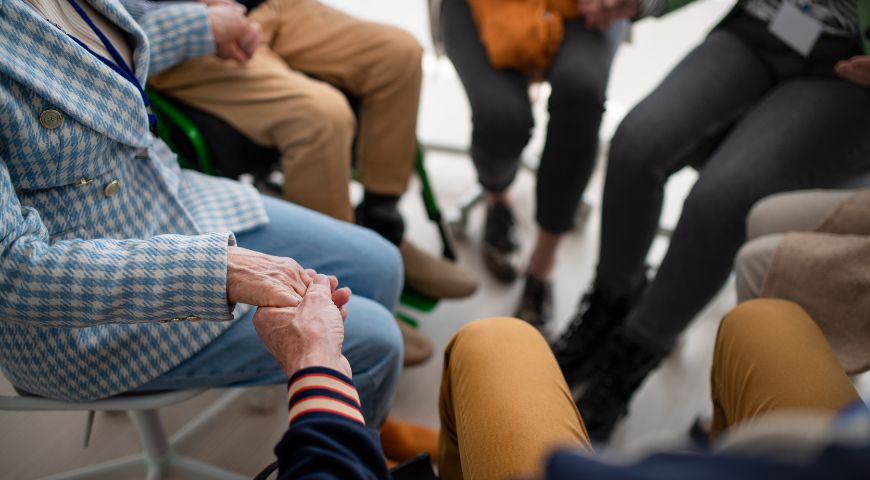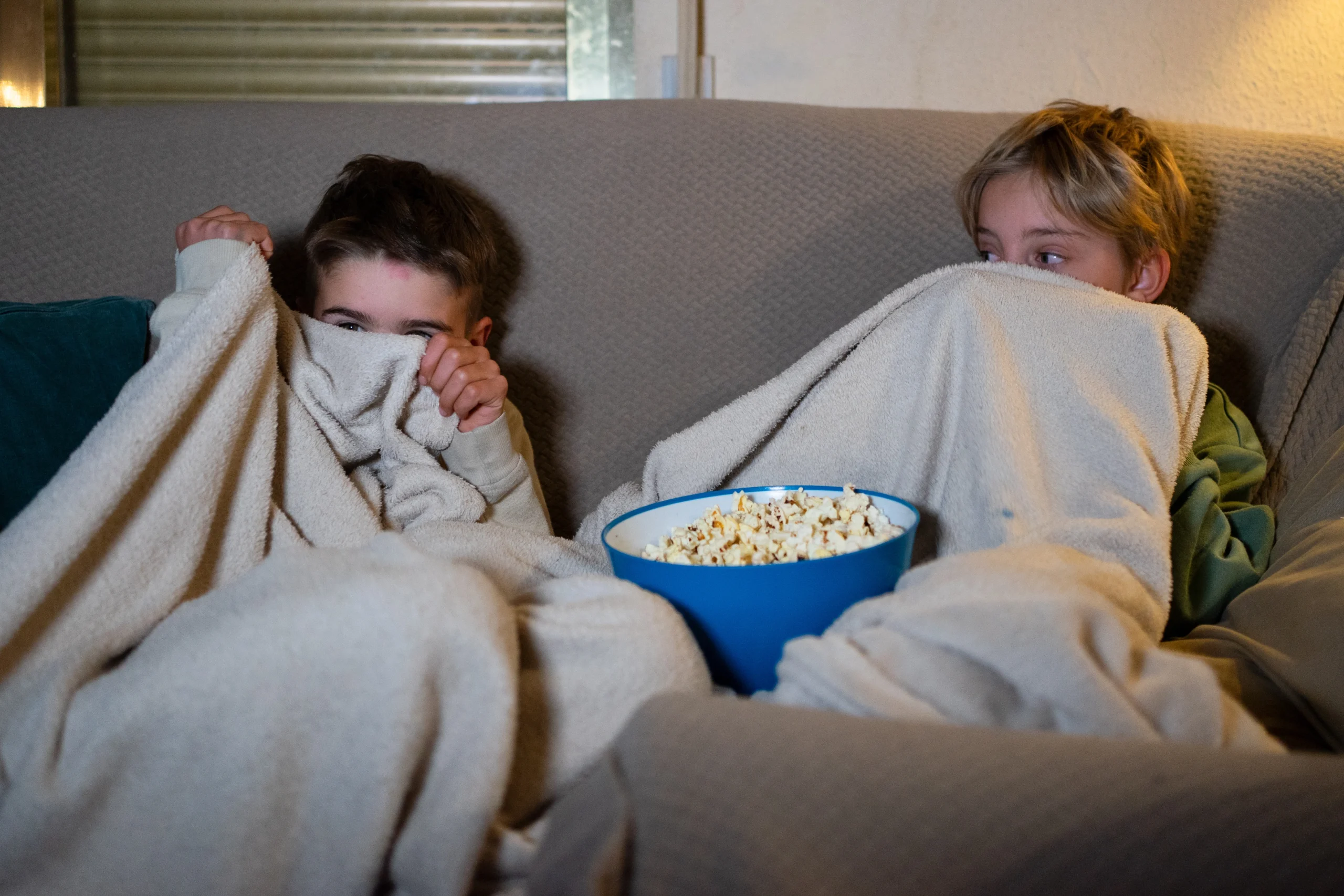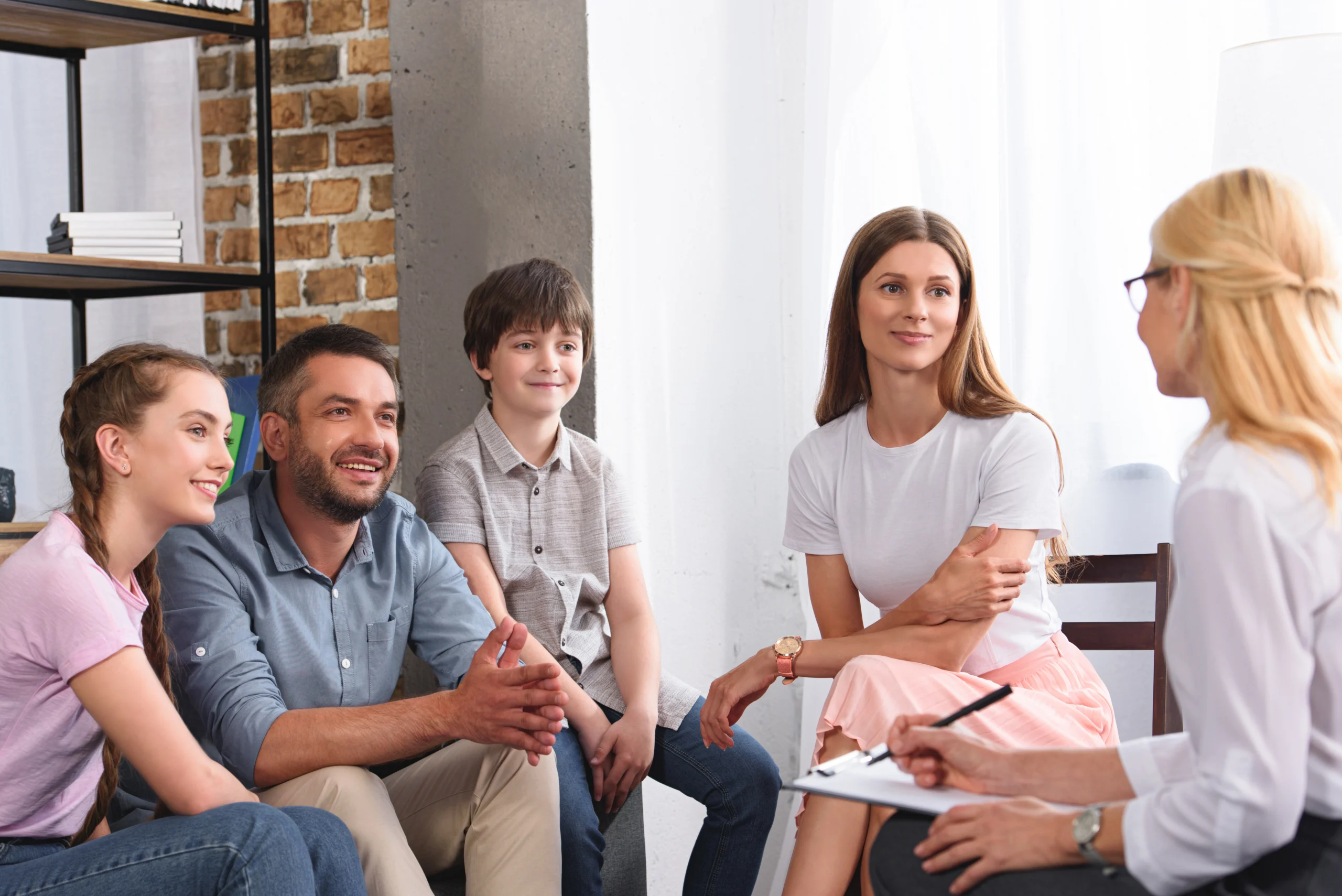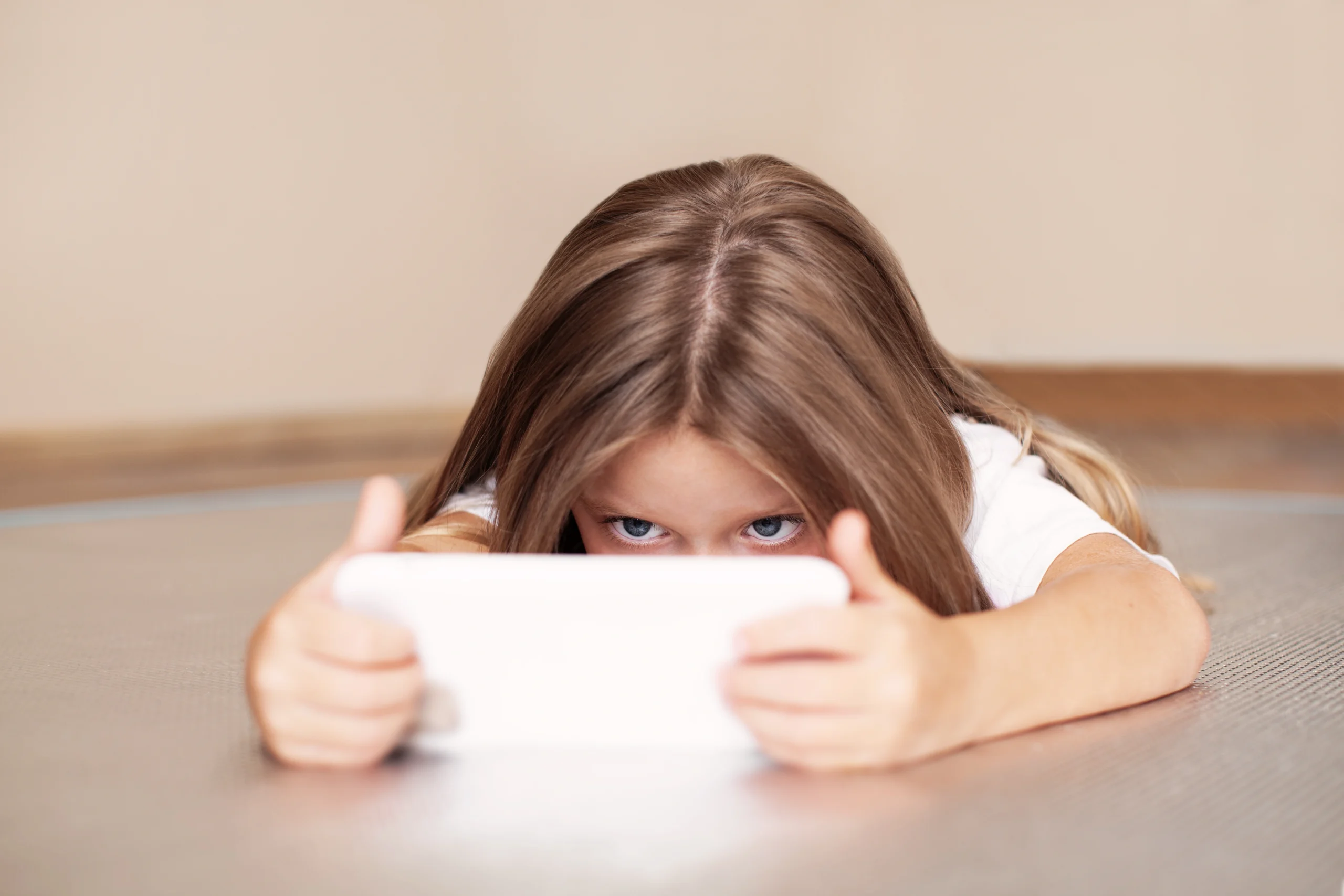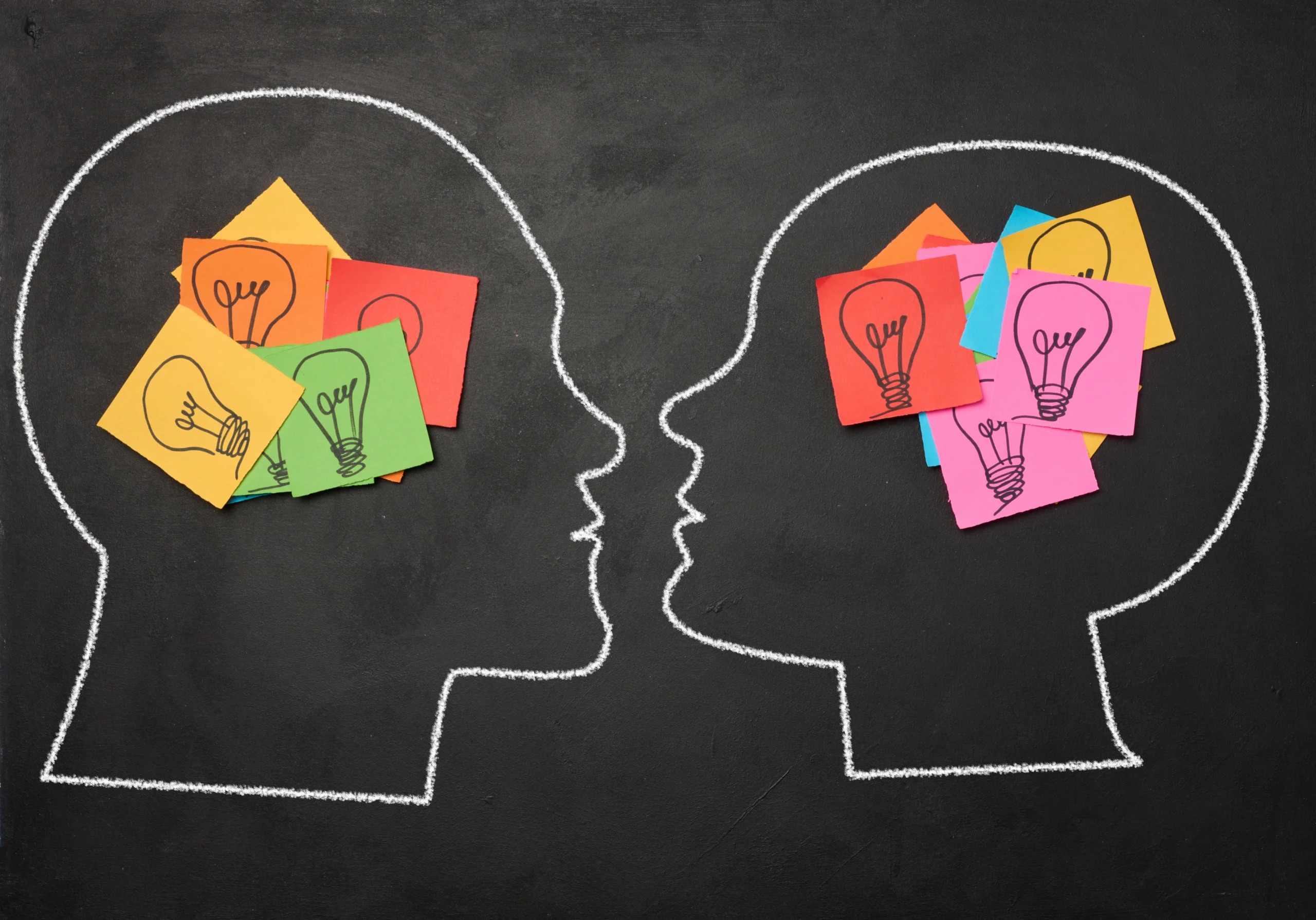In an era where we’re always “online,” it’s surprising how disconnected many of us feel. As a therapist in Mumbai, I meet people daily who are surrounded by notifications, messages, and social media likes—but feel deeply alone.
Loneliness isn’t just about being physically alone. It’s the painful gap between the connection we crave and the connection we experience. The World Health Organization recently acknowledged loneliness as a global health concern—comparable to smoking 15 cigarettes a day in terms of its impact on health.
In my work with individuals and families across India and beyond, I’ve found one powerful antidote to this modern isolation: group therapy sessions in Mumbai. While one-on-one therapy offers depth and insight, group therapy adds something equally vital—shared humanity. You realize, “I’m not the only one.”
Let’s explore how group therapy helps combat loneliness and why it might be the missing link for your emotional well-being.
1. Connection Through Shared Experience
One of the most powerful moments in any group therapy session is when someone says something vulnerable—only to hear, “Me too.”
In my experience as a family therapist in Mumbai and a licensed psychologist in India, I’ve seen group members who walked in feeling isolated leave feeling understood, validated, and lighter.
Whether you’re dealing with anxiety, grief, relationship challenges, or chronic post traumatic stress disorder symptoms, group therapy offers the healing experience of being seen as you are, by people who truly get it.
Especially in India—where mental health stigma can make people hesitant to seek help—group therapy provides a safe and non-judgmental space to speak your truth.
2. Real-Time Emotional Feedback and Support
Unlike traditional social environments that may feel performative, group therapy fosters raw, real connection. You hear how others interpret your stories. You learn to listen, empathize, and reflect with care.
For clients who feel stuck in loops of self-doubt, shame, or perfectionism, this real-time feedback is eye-opening. It softens the inner critic.
As a psychologist in India trained in facilitating group dynamics, I often use structured sharing, reflection circles, and role-play exercises to help members unpack emotional blocks and grow interpersonal awareness.
And if you’ve been navigating mental health on your own—perhaps through online depression and anxiety tests in India or solo self-help tools—joining a group might be your next empowering step.
3. Practice Healthy Relationships in a Safe Setting
Loneliness isn’t just the absence of people—it’s often the result of emotional walls built from past wounds. Group therapy offers a place to safely test connection again.
If you’ve experienced trust issues, abandonment, or unhealthy relationship cycles, group therapy becomes a lab for re-learning connection. You learn to set boundaries, share emotions, and receive empathy without fear.
I often see breakthroughs among those who’ve come from high-conflict families or emotionally unavailable relationships. Within the group, they finally find what relationship counselling in India often aims to create: mutual respect, emotional safety, and honest communication.
This is especially true for parents healing from burnout, teens navigating identity, or adults recovering from isolation post-pandemic.
Real-Time Insight: India’s Loneliness Spike
According to a 2024 report from the Indian Journal of Psychiatry, over 40% of young adults in urban India report feeling “deeply lonely” despite daily online interactions. Meanwhile, post-pandemic parenting stress and isolation among the elderly are also on the rise.
With demand growing, there’s a noticeable increase in group therapy sessions in Mumbai, anxiety management programs in Mumbai, and PTSD treatment centers in Mumbai offering community-based interventions.
Conclusion: Healing Happens Together
As a certified talk therapist in India, I’ve seen people step into a room of strangers and leave with a sense of belonging they hadn’t felt in years.
Therapists in Mumbai often hear, “I wish I knew this existed sooner.” That’s why I advocate for group therapy—not as a replacement for individual work, but as a complement to it. A space to practice showing up, not just for yourself—but for others too.
If loneliness has been a silent weight you’re carrying, know that healing doesn’t have to be a solo journey. Whether you’re exploring therapy for the first time or returning to deepen your healing, there’s space for you.
💬 For weekly tools on emotional wellness, connection, and community-based healing, follow me on Instagram, Facebook, and LinkedIn.
Practo Profile Line:
Ms. Tanu Choksi is a warm and friendly counselor and therapist in Mumbai, offering patient, non-judgmental, and rational solutions to personal problems.
Would you like a short Instagram reel caption or carousel post design idea to go with this?
